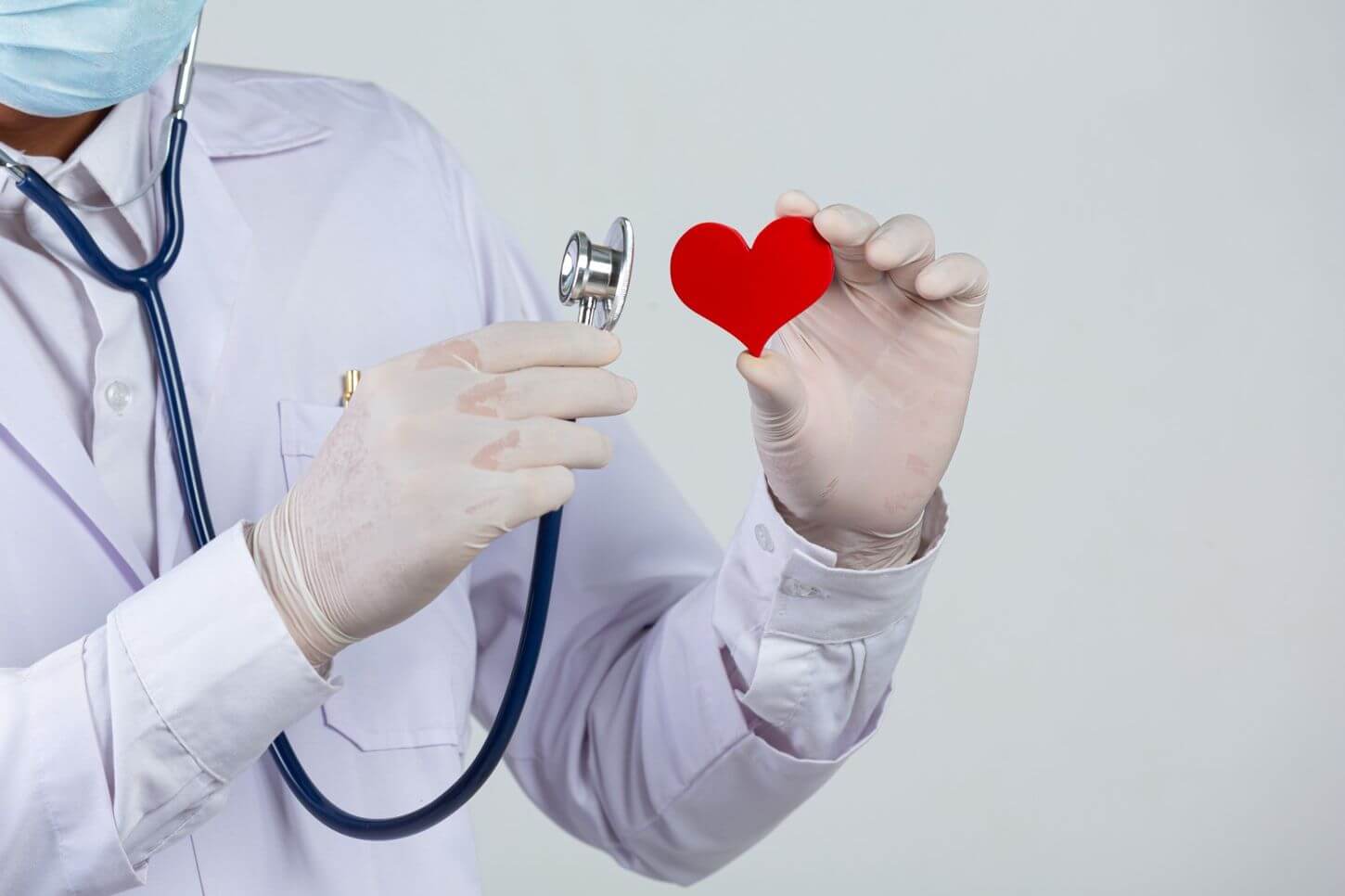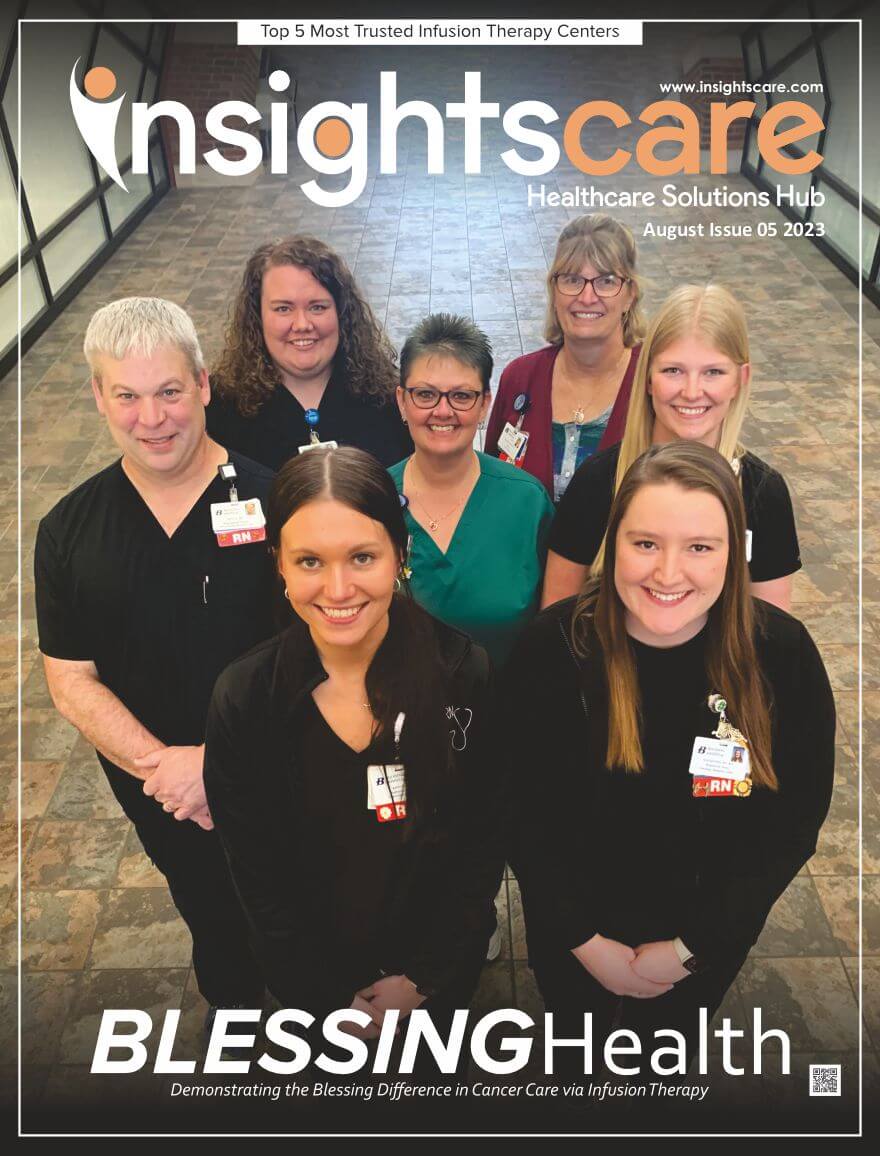A Healthy Heart Ensures a Healthy Brain and
Improved Focus on Important Matters.
~ Chidiebere Moses Ogbodo.
Your heart is an incredibly complex organ that requires expert care to stay healthy. That’s why only a Trained Cardiologist or Heart Care Experts highlighted in Insights Care Magazine exclusive list of 10 Most Trusted Heart Care Solution Companies should be entrusted with the responsibility of caring for your heart. While the human body is designed to function optimally, it still requires expert intervention to prevent and treat heart-related illnesses.
There are several ways in which Cardiologists and Heart Care Solution companies contribute to Heart Care.
- They educate people on how to take care of their heart,
- Implement medical procedures to correct heart issues, and
- Invest in systems and technologies that improve Heart Care practices.
Who is a Cardiologists –
Cardiologists are the experts responsible for diagnosing, assessing, and treating patients with heart and blood vessel diseases. They are categorized as general cardiologists and interventional cardiologists. Interventional cardiologists use cardiac catheterization to treat congenital heart defects in children and adults with congenital heart disease. Cardiac catheterization is a minimally invasive procedure that reduces recovery times and offers greater treatment options.
Several Heart Care organizations such as
- WebMD provide actionable health tips to help people maintain a healthy heart.
- Cardiologists like Nikhil Choudhary contribute to Heart Care by offering helpful tips for maintaining a disease-free heart. He is at the forefront of Cutting-Edge Research, Patient management, and Complex Coronary Interventions.
- Rhonda F. Rhyne the President & CEO of Prevencio is a visionary leader and is committed to fighting cardiovascular diseases through superior diagnostic developments to bring revolutionary changes in the healthcare industry.
The Role of Individuals in Heart Care –
As individuals, we must take proactive steps to maintain a healthy heart. It is not enough to assume that everything is okay just because we feel good. We should get regular checkups and tests like an electrocardiogram (ECG) to monitor our heart’s electrical activity and identify any problems with heart rhythm or rate. Additionally,
- we must consume a heart-healthy diet,
- exercise regularly,
- avoid tobacco and alcohol, and
- manage stress.
If you experience any heart pains or discomfort, seek medical attention immediately. A Troponin blood test can help determine if you have a heart problem, and a CT scan can provide detailed images of your heart structure, arteries, valves, and more.
The major categories of heart diseases are
- heart attack,
- coronary heart disease,
- cerebrovascular disease,
- peripheral arterial disease,
- stroke,
- heart failure,
- arrhythmia, and
- heart valve complications.
Top 6 modern trends in heart care that are promising better heart care solutions
The healthcare industry is constantly evolving, and trends in heart care are no exception. With advancements in technology and research, there are new and exciting ways to take care of your heart. Here are some of the latest trends in heart care:
- Personalized Medicine
Personalized medicine involves tailoring medical treatment to the individual patient, taking into account their genetic makeup, lifestyle, and other factors. This approach is becoming increasingly popular in heart care, as it allows doctors to create targeted treatment plans that are more effective and have fewer side effects.
- Wearable Technology
Wearable technology, such as smartwatches and fitness trackers, can provide valuable information about your heart health. These devices can track your heart rate, monitor your sleep patterns, and even detect irregular heartbeats. This information can be shared with your doctor to help them make more informed decisions about your treatment.
- Telemedicine
Telemedicine allows patients to consult with their doctors remotely, using videoconferencing and other digital tools. This approach is particularly useful for heart patients who live in rural areas or have limited mobility. Telemedicine can help patients access care more quickly and conveniently, without having to travel long distances or spend hours in a waiting room.
- Minimally Invasive Procedures
Minimally invasive procedures are becoming increasingly popular in heart care. These procedures use small incisions and specialized tools to treat heart conditions, without the need for open-heart surgery. This approach can lead to faster recovery times, less scarring, and fewer complications.
- Artificial Intelligence
Artificial intelligence (AI) is being used in many areas of healthcare, including heart care. AI algorithms can analyze large amounts of data, such as medical images and patient records, to identify patterns and predict outcomes. This technology can help doctors make more accurate diagnoses and create more effective treatment plans.
- Remote Patient Monitoring
Remote patient monitoring involves using digital tools to track patients’ health status outside of the hospital or clinic setting. This approach is particularly useful for heart patients who need ongoing care and monitoring. Remote patient monitoring can help doctors detect problems early and adjust treatment plans as needed.
In summary, there are many new and exciting trends in heart care. By working with a qualified cardiologist, taking advantage of the latest technology and treatments, and observing proactive measures, you can ensure that your heart is in good hands. Remember to follow healthy habits (healthy practices), such as eating a heart-healthy diet, staying active, and avoiding smoking, to help reduce your risk of heart disease.
– –
Looking at the future of Heart Care: will – Heart Regeneration become a Reality?
For now, unlike some animals, humans cannot completely regrow or regenerate their heart after damage or failure. While regrowth is possible, it takes a long time and may not be sufficient to restore the heart’s functionality. However, we remain hopeful that advances in medical science will someday make immediate or accelerated heart regeneration a reality.
-by Chidiebere Moses Ogbodo















